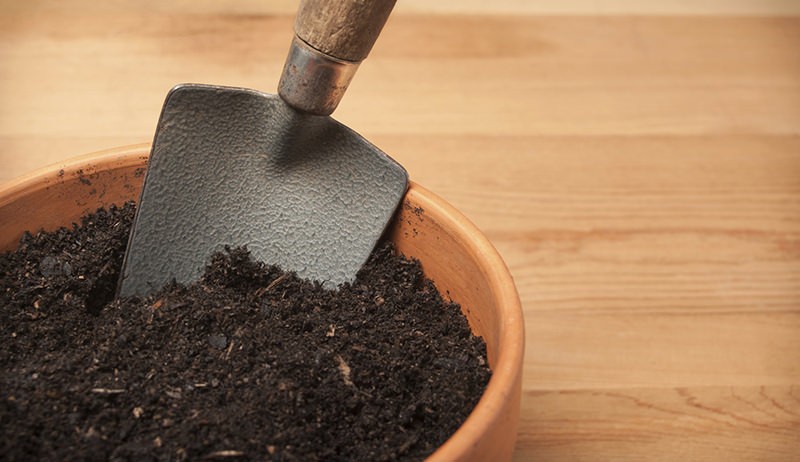We always wonder how farmers raise their healthy, fresh vegetables and flowers. Soil lab experts explain that it is the great soil that allows them to do the same. How to know if soil is full of required nutrients? A soil test can help you out. When you take a sample soil and send it to the lab, you get detailed analysis of soil nutrients and you find out the nutrients present and absent in the soil. This is very critical information.
You can even take help of soil scientists and farmers to assess your soil for more significant qualities. The methods used by professionals are simple and you need limited supplies that are easily found around the house.
These technologies are generally designed with farmers in mind; however, you can use them for your home garden as well.
Scientists warn gardeners not to take results too seriously, but to consider the test as a whole. For instance, sandy soil is easy to work, but there are chances that it lacks in nutrients.
Things to check out in soil-
- Soil structure
When the soil is neither too dry nor too wet, you can dig a 6 to 10 inches deep hole. Separate an intact section and break it apart using your fingers. You can check whether the soil is powdery, cloddy, or granular.
Porous soil is healthy as it is rich in organic matter. Porous soil allows the free movement of oxygen and water and help plants to develop strong and healthy roots.
- Compaction
Plunge a wire flag vertically inside the soil at distinct locations. Note the depth at which the wire bends. If the wire sooner bends, your soil is more compacted.
It is important because compacted soil inhibits root growth and makes water readily available in the soil. It keeps earthworms and other important soil fauna from circulating freely.
- Workability
You can easily find the low workability of soil if tilling or digging the soil generates platelike or cloddy clumps. If the soil is porous, it will allow water to reach roots efficiently and is less prone to compaction. Porous soil will have high workability.
- Water availability
You can wait for a soaking rain and later record how long plants start to show thirst signs. If plants need more frequent watering, it means your soil is unfit.
For more detailed tests, you can reach to cermaic laboratory equipment experts and ask them to test your soil sample.
